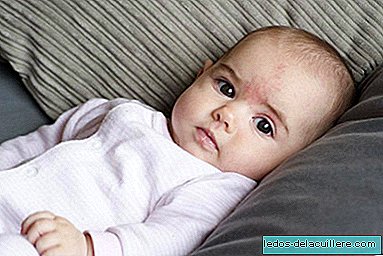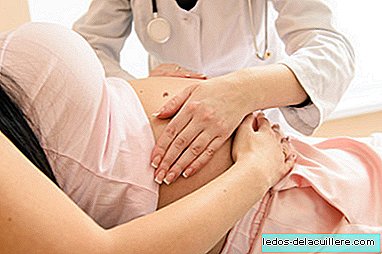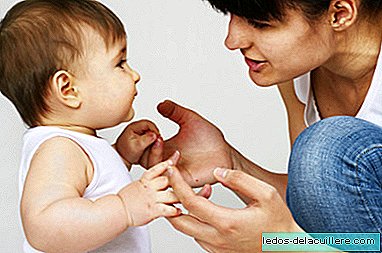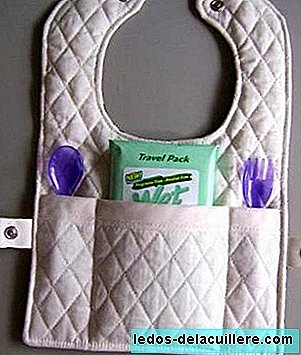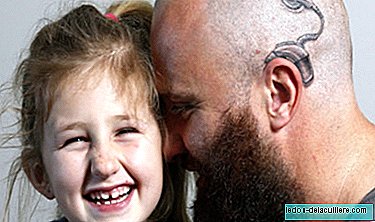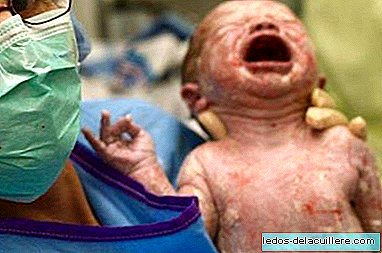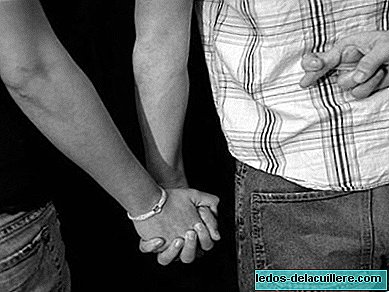
In-fertilization (IVF) is a technique used by many couples who wish to fulfill the dream of being parents. Thanks to this technique created by Robert Edwards almost 40 years ago, more than four million children have been born in the world.
It consists in getting a sperm to fertilize the mature ovum outside the woman's body, using laboratory techniques. Once the embryos are achieved, they are transferred to the uterus directly to achieve a pregnancy. But, What happens to embryos that are not transferred? A recently emerged possibility that is having a lot of success in the United States, especially among the Christian population, is adoption. Why not adopt embryos that are destined to be discarded? You would do it?
"Save a life"
When a couple decides to start a treatment there are many issues to assess. Among them, the economic cost, but also the emotional cost since it can be a long and exhausting process. But many couples, especially Christian beliefs, also consider an important moral problem.
They believe that there is life from the moment of fertilization, therefore embryos from in vitro fertilization techniques that remain cryopreserved (more than 600,000 in the United States alone) are lives that hope to be "used" by their parents sometime. But what happens if parents don't use them?
One in ten embryos that are stored is available for adoption. The National Embryo Donation Center (NEDC) is the body that collects embryos that are not used after an IVF process.

When considering what method to use the dilemma is: face a new process of in vitro fertilization, which in turn will generate more embryos that may not be used or adopt frozen embryos? Many choose to "save a life", since they consider that they are not only a pair of cells together, but that they are human lives.
"How to destroy them or leave them in cryopreservation forever," ask Andy and Shannon Weber, a couple from Alabama, who had two children, now 8 and 5, and wanted to donate their remaining embryos.
Just married and straight
Given the religious background that involves embryo adoption in that country, they do not allow anyone to adopt those lives. Especially in Christian clinics, future parents are required to be married and heterosexual to access treatment. They do not allow single mothers or gays.
On the other hand, in the United Kingdom, for example, the law requires clinics to treat their patients equally without distinction of race, sexuality and religion. How do you see the option of adopting embryos left over from in vitro fertilization processes? Would you do it?


